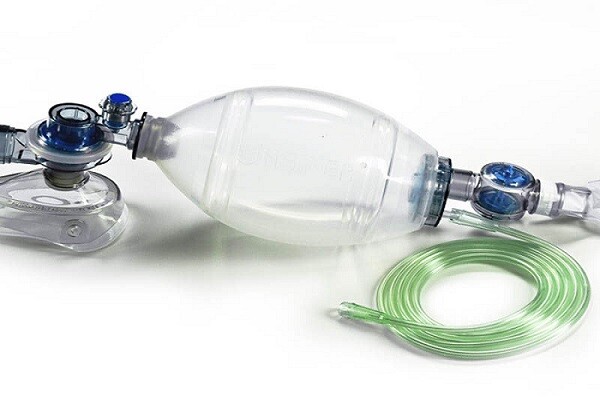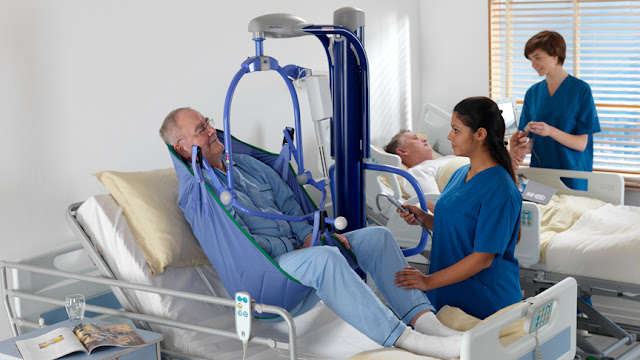Clostridium Difficile: Diagnosis Dilemmas and Treatment Triumphs
 |
| Diagnosis Dilemmas and Treatment Triumphs |
Clostridium difficile, commonly referred to as C. difficile, is a bacterium that can cause symptoms ranging from diarrhea to life-threatening inflammation of the colon. The incidence of C. difficile infection has been on the rise in recent years, posing significant challenges to healthcare providers worldwide. The diagnosis and treatment of C. difficile infections present a complex puzzle for medical professionals, requiring a careful balance of clinical judgment, laboratory testing, and therapeutic interventions.
Diagnosis Dilemmas:
One of the primary challenges in managing Clostridium Difficile Diagnostics
and Treatment infections lies in accurately diagnosing the
disease. The symptoms of C. difficile infection, including diarrhea, abdominal
pain, and fever, can overlap with those of other gastrointestinal illnesses,
making it difficult to differentiate based solely on clinical presentation. As
a result, laboratory testing plays a crucial role in confirming the diagnosis.
The gold standard for diagnosing C. difficile infection is
the detection of toxins produced by the bacterium in stool samples. Enzyme
immunoassays (EIAs) are commonly used to detect C. difficile toxins, providing
rapid results. However, EIAs have limitations in terms of sensitivity and
specificity, leading to the potential for false-positive or false-negative
results. This can complicate decision-making for clinicians and delay
appropriate treatment initiation.
To overcome the limitations of EIAs, molecular methods such
as polymerase chain reaction (PCR) have emerged as valuable tools for C.
difficile diagnosis. PCR assays target specific genes associated with C.
difficile toxins, offering enhanced sensitivity and specificity compared to
traditional methods. Despite their advantages, PCR assays may still detect C.
difficile colonization rather than active infection, raising additional
challenges in clinical interpretation.
Treatment Triumphs:
Once a diagnosis of C. difficile infection is confirmed,
prompt and appropriate treatment is essential to prevent disease progression
and reduce transmission within healthcare settings. The cornerstone of
treatment for C. difficile infection is antibiotic therapy, with oral
vancomycin and fidaxomicin being the preferred agents in most cases. These
antibiotics work by suppressing the growth of C. difficile bacteria in the
colon, thereby alleviating symptoms and facilitating recovery.
In severe cases of C. difficile infection, particularly
those associated with complications such as pseudomembranous colitis or toxic
megacolon, more aggressive interventions may be warranted. Fecal microbiota
transplantation (FMT) has emerged as a promising approach for recurrent or
refractory C. difficile infection, involving the transfer of healthy donor
stool to restore microbial balance in the gut. FMT has shown remarkable success
rates in clinical trials, underscoring its potential as a game-changing therapy
for C. difficile infection.
In addition to antibiotic therapy and FMT, supportive
measures such as fluid resuscitation and electrolyte replacement are essential
components of comprehensive management for C. difficile infection. Timely
identification of complications and multidisciplinary collaboration between
infectious disease specialists, gastroenterologists, and microbiologists are
critical for optimizing patient outcomes.
Looking Ahead:
As the incidence of C. difficile infection continues to rise
globally, ongoing research efforts are focused on improving diagnostic methods,
refining treatment algorithms, and exploring novel therapeutic modalities.
Advances in molecular diagnostics, including next-generation sequencing
technologies, hold promise for enhancing the accuracy and efficiency of C.
difficile testing. Furthermore, the development of novel antimicrobial agents
and immunotherapies may offer additional options for combating C. difficile
infection in the future.
The diagnosis and treatment of C. difficile infections
represent a multifaceted challenge for healthcare providers, requiring a
nuanced understanding of clinical nuances, diagnostic modalities, and
therapeutic interventions. By leveraging the latest scientific advancements and
embracing a multidisciplinary approach, clinicians can navigate the
complexities of C. difficile management and improve outcomes for affected
patients.



Comments
Post a Comment